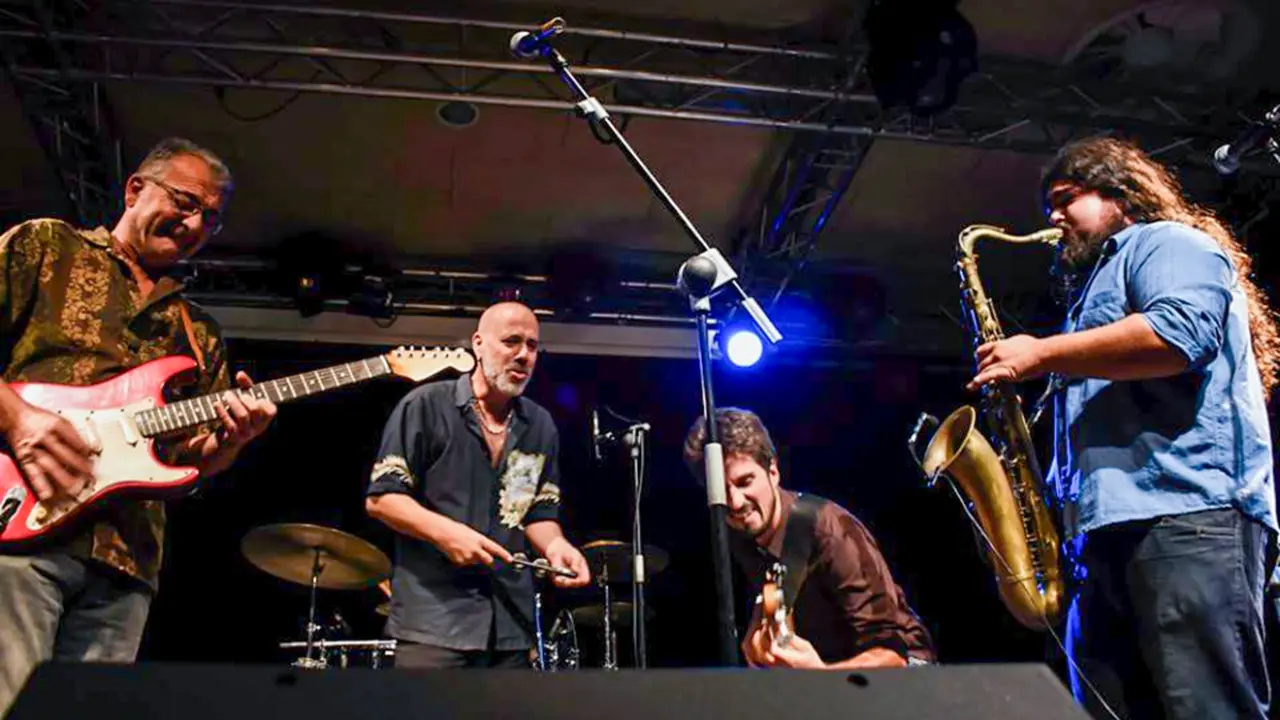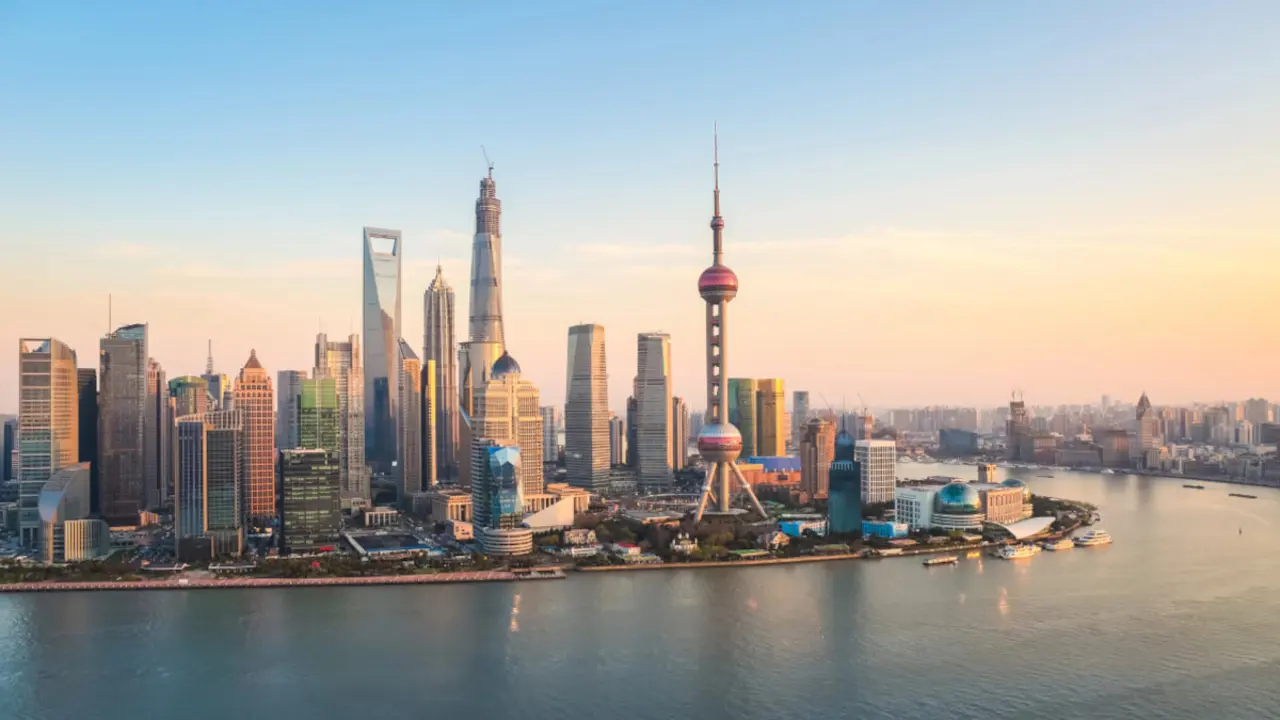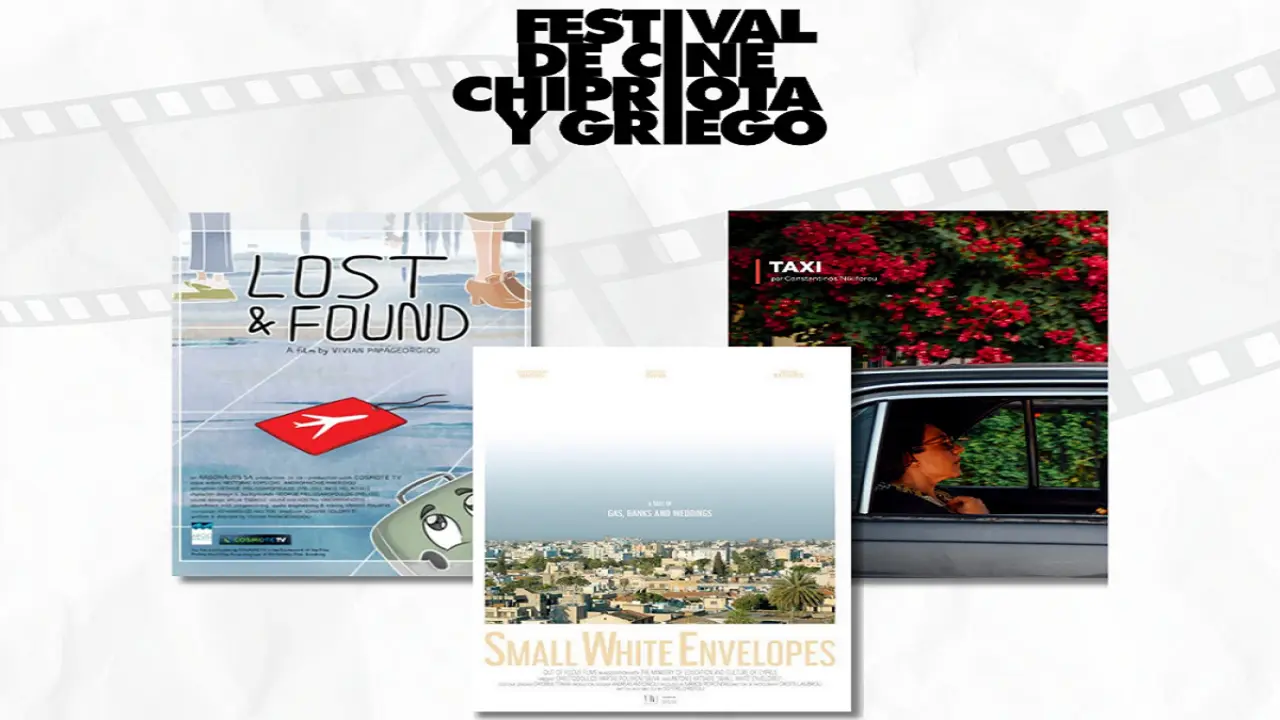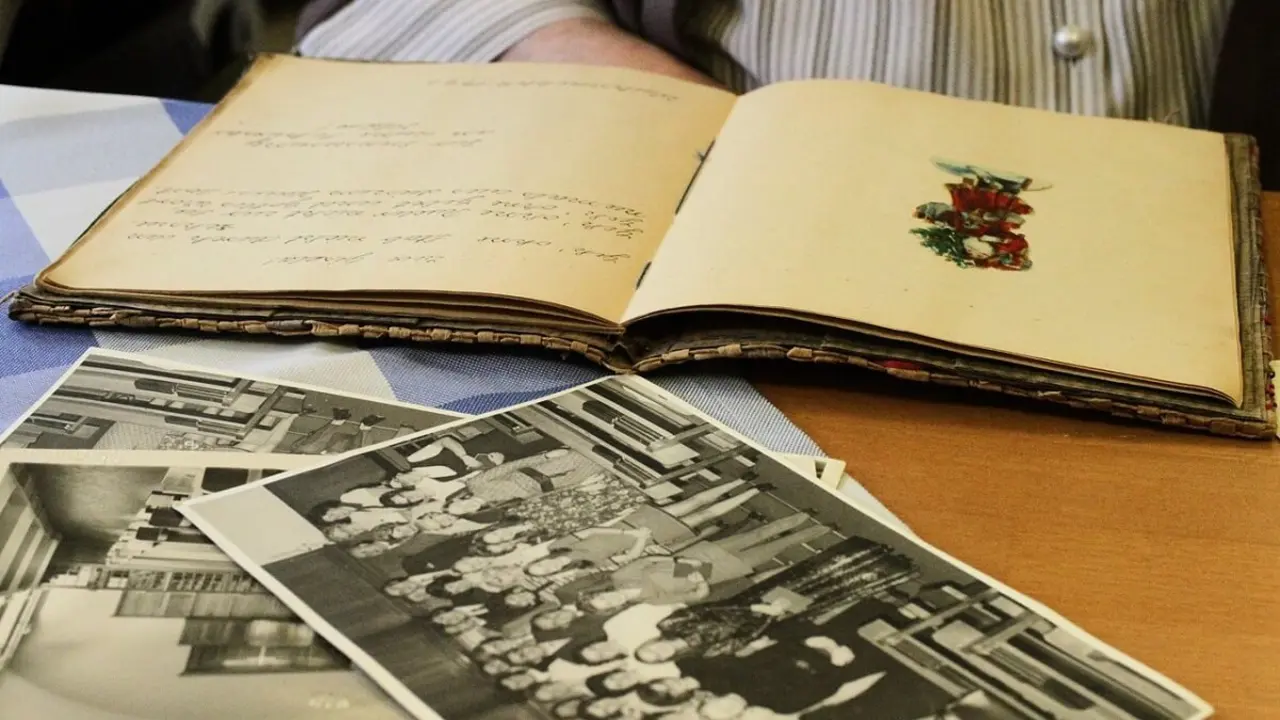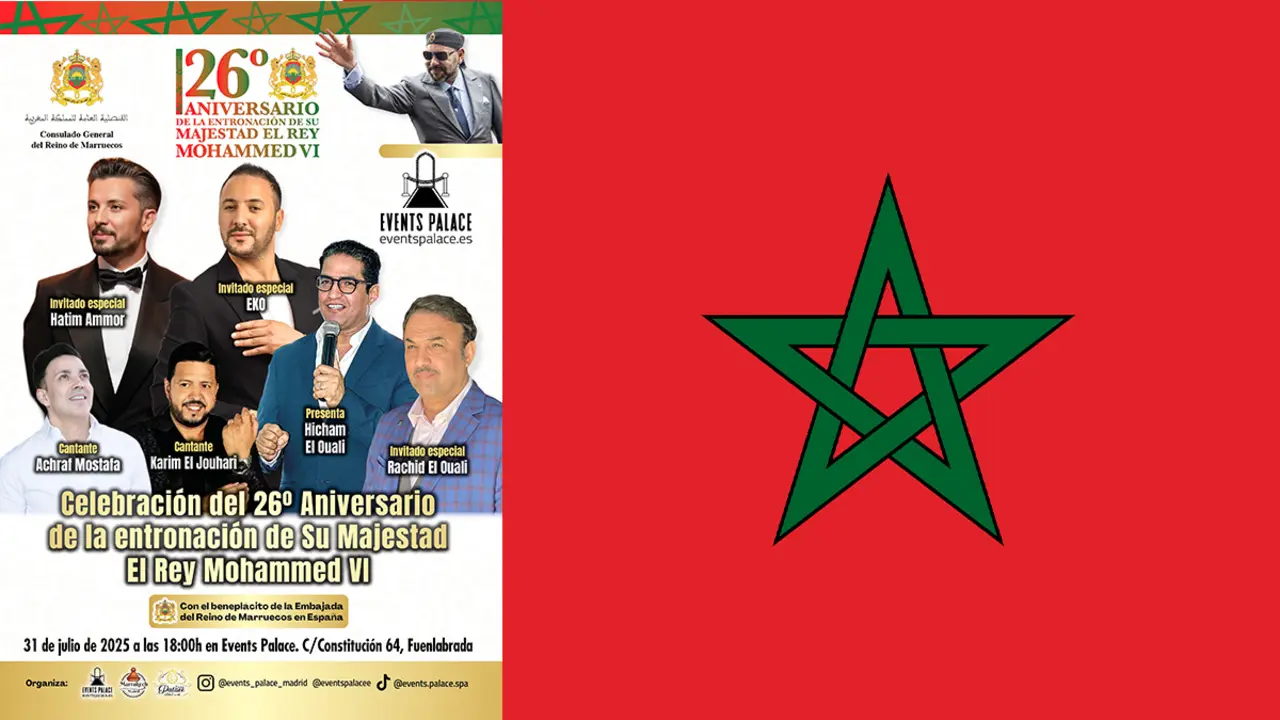Mediterraneo, continuous session

It is interesting to take a look at some of the most famous films set in countries on the Mediterranean coast, both in North Africa and Southern Europe, from an evocative point of view that takes us into the dream of all those scenes we inhabit.
The first is "Algiers", because whoever survives the threatening well of its baths, which are its dungeons and darkness with their voice of prayer, can almost resist everything. Cervantes knew it well, and so did Charles Boyer/Pépé le Moko, in the classic film directed by John Cromwell in 1938: a skilful French jewel thief, holed up in the labyrinth of the Casbah, meets a French tourist who reminds him how good champagne tastes in Paris.
The film is a variation on the French film, shot a year earlier, but above all, it is the discovery for the world of that Austrian beauty known as Heddy Lamarr, who, as well as starring in the first full nude for the cinema, also discovered the invention of wifi for the world. Many years later, in 1966, after the Algerian war of independence, Gillo Pontecorvo would shoot "The Battle of Algiers" in the real Casbah, with some of the Algerian guerrillas - or terrorists, from the French side - playing themselves. But it all started with "Algiers" because someone thought it would be a good idea to take inspiration from that picturesquely charming film and set it in Rick Blaine's cafe in "Casablanca" and make the public aware of the need to take part in World War II. Ingrid Bergman is not as pretty as Hedy Lamarr and she did not invent a communication system, but she has in her eyes that gravity of Europe spilled in its ashes like Stefan Zweig's burnt books.
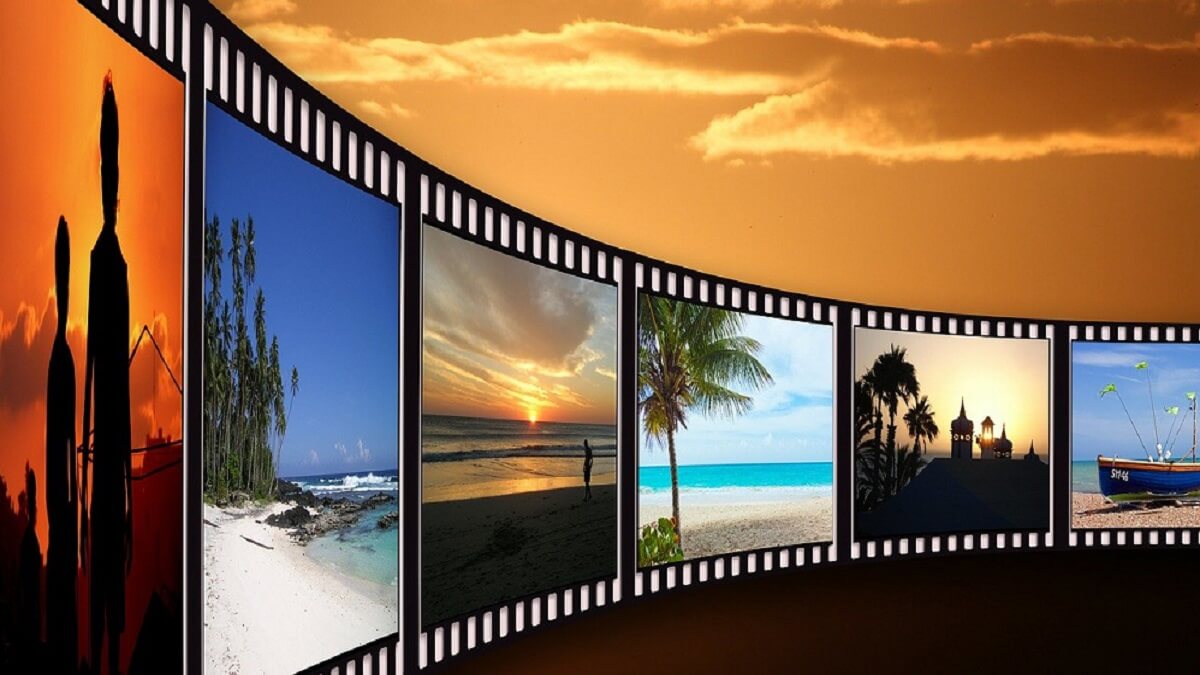
What is the Mediterranean if not the united history of Africa and Europe since Ulysses? But also the Blue Coast in Alfred Hitchcock's "To Catch a Thief", 1955, before Grace Kelly looked out over the Grimaldi Palace. Grace emerging from the sea with that white glow of her thighs, those golden bodies that Camus dreamt of on the beaches of Oran. In other words: in addition to the grim gravity of the story of war and conflict, piracy and barbarism, there is also a certain sensory luxury in the Mediterranean. It is easy to see this in other films, such as "Soft is the Night", that 1962 film based on the novel by Scott Fitzgerald in which Jason Robards plays Dick Diver, a psychiatrist who, in order to save his wife's sanity, is willing - and succeeds - to pawn his own, amidst the hazy dawn of dry martinis at dawn, on the Blue Coast, with one of Henry Mancini's most romantic melodies, which always manages to move us when it returns in the voice of Tonny Bennet.
Mediterranean cinema is also luxury: isn't it the cruise ship in "Death on the Nile", in 1978, with Peter Ustinov/Hercule Poirot? And if we look at Egypt, it is above all "Sinuhe the Egyptian", another geography of dreams. Because, if in "Death on the Nile" we have the youthful, rounded beauty of the very beautiful Olivia Hussey, in "Sinuhe" we find Gene Tierney at the height of her beauty - this is 1954 - in this film directed, like "Casablanca", by Michael Curtiz. And much later "The Mummy", in 1999, which was in fact another way of celebrating the shadow, the hat and the whip of the immortal Dr. Indiana Jones, which never ends. But the Mediterranean is also "Zorba, the Greek", with Anthony Queen and Irene Papas, passion and reason, order or the feast of all the senses, filmed entirely in Crete, under the purple shadow of the Minotaur.
From all these titles, and also from many others, we can extract the passion of a landscape, that force of olive trees and vines that have braided the earth since Telemachus ran along the shores of Ithaca asking for news of his father. I also think of "Ulysses", played by Kirk Douglas, with Silvana Mangano recreating both Circe and Penelope. We are Greeks, we are Europeans, we are Mediterranean because it is another way of looking at the world. Maybe that's why I like a film simply called "Mediterraneo", directed by Gabrielle Salvatores. It won the Oscar for best foreign film in 1992. The plot is powerful: in 1941, just a year after Italy joins Germany against the Allies, a small detachment of Italian soldiers is stationed on a small Greek island in the Aegean for four months on observation duty. But they observe so much of nature, plant and human, that they end up forgetting they are in a war, they blend into the sensual landscape of the island and fall in love with the Greek girls.
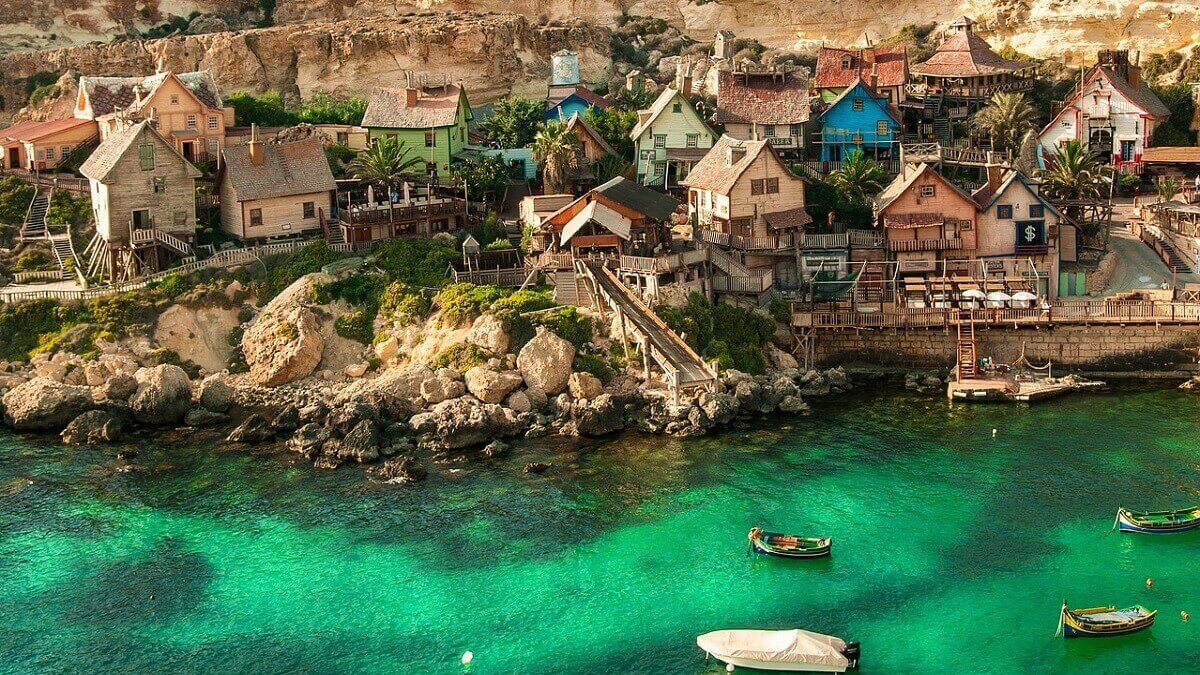
Some of this is the Mediterranean, and it comes across well in this film, which takes on warmongering in a different way: the way the naked beauty of love imposes itself on all the pettiness, on the savagery that has always plagued our coasts. Mediterranean is Malta, where "Gladiator" was filmed, plus another part in Morocco, or "Captain Corelli's Mandolin", in 2001, which is also a fable of romanticism with Penélope Cruz in the splendour not of her beauty, but of her youth, which is something else. Cinema is a way of peering into other lives, of passing through scenes that also name us, allude to us, take on the consciousness of memory. We live in the cinema, in all the films we will ever see together. Because, like Rick Blaine in "Casablanca", we will always have Paris. But we will love each other in the Mediterranean.
Joaquín Pérez Azaústre (Córdoba, 1976) is a writer. His latest novel is "El querido hermano" (Galaxia Gutenberg, 2023, Malaga Prize) about the poets Manuel and Antonio Machado. He runs the podcast "No eran molinos. Clásicos de Literatura Española" on RNE.

